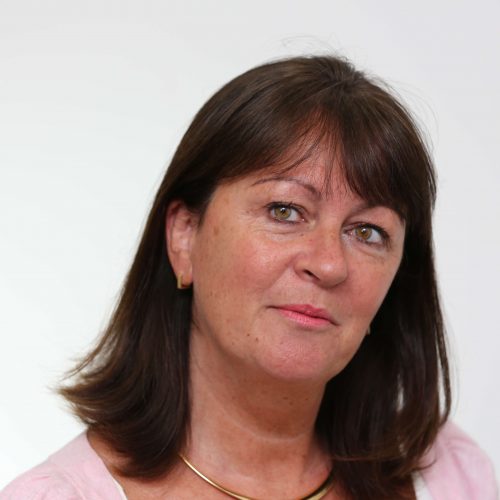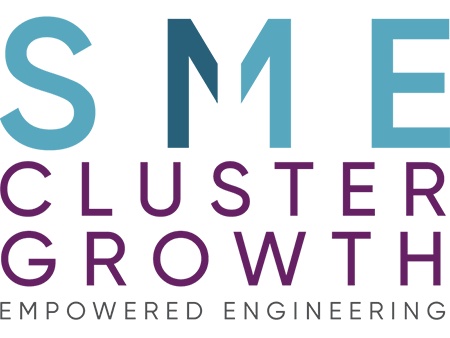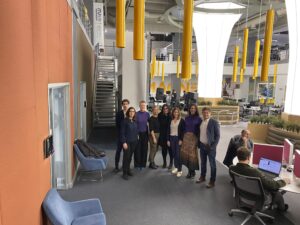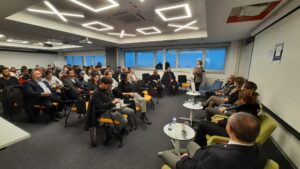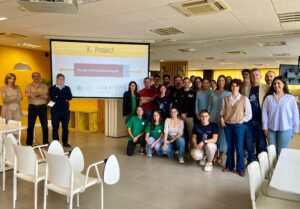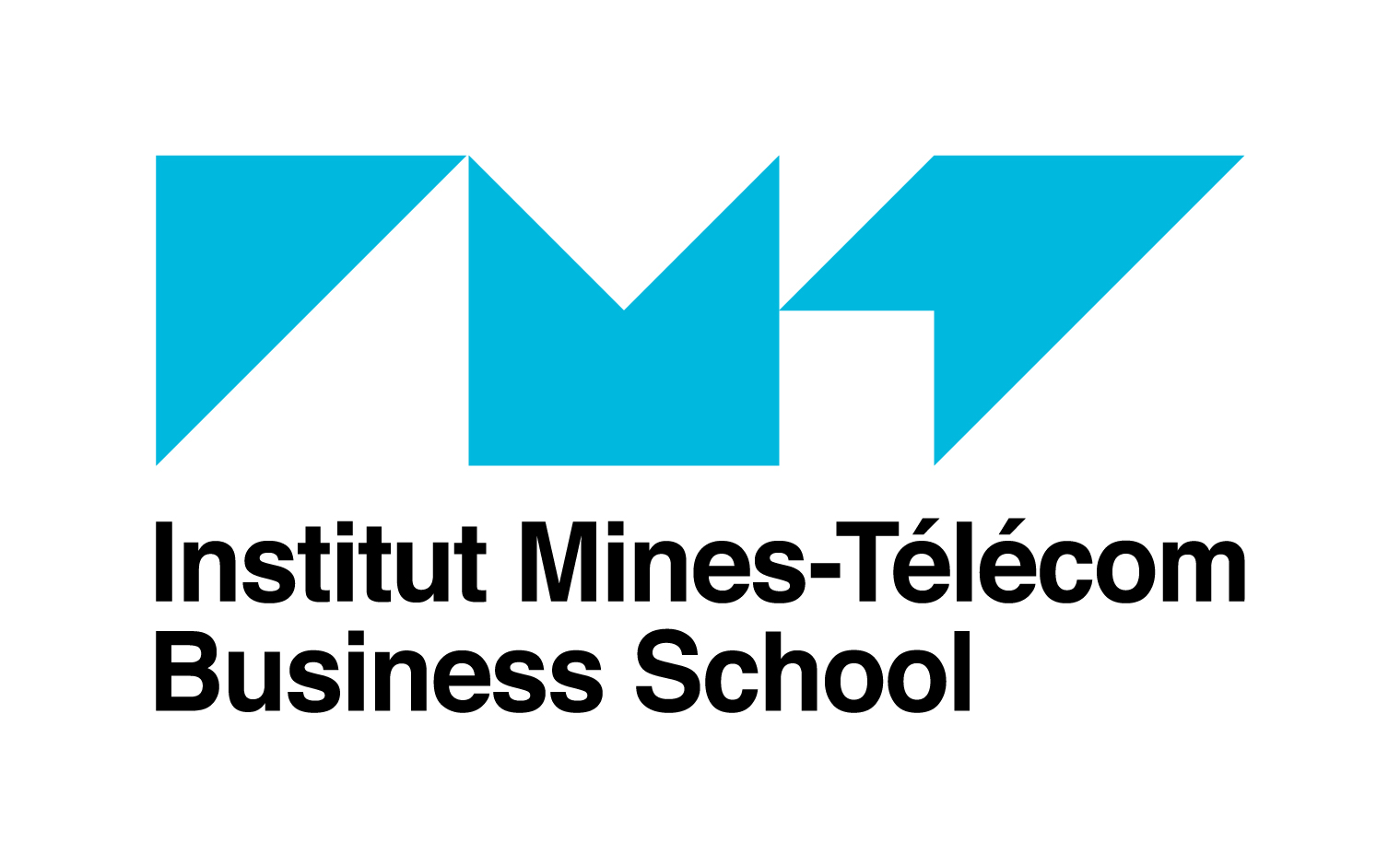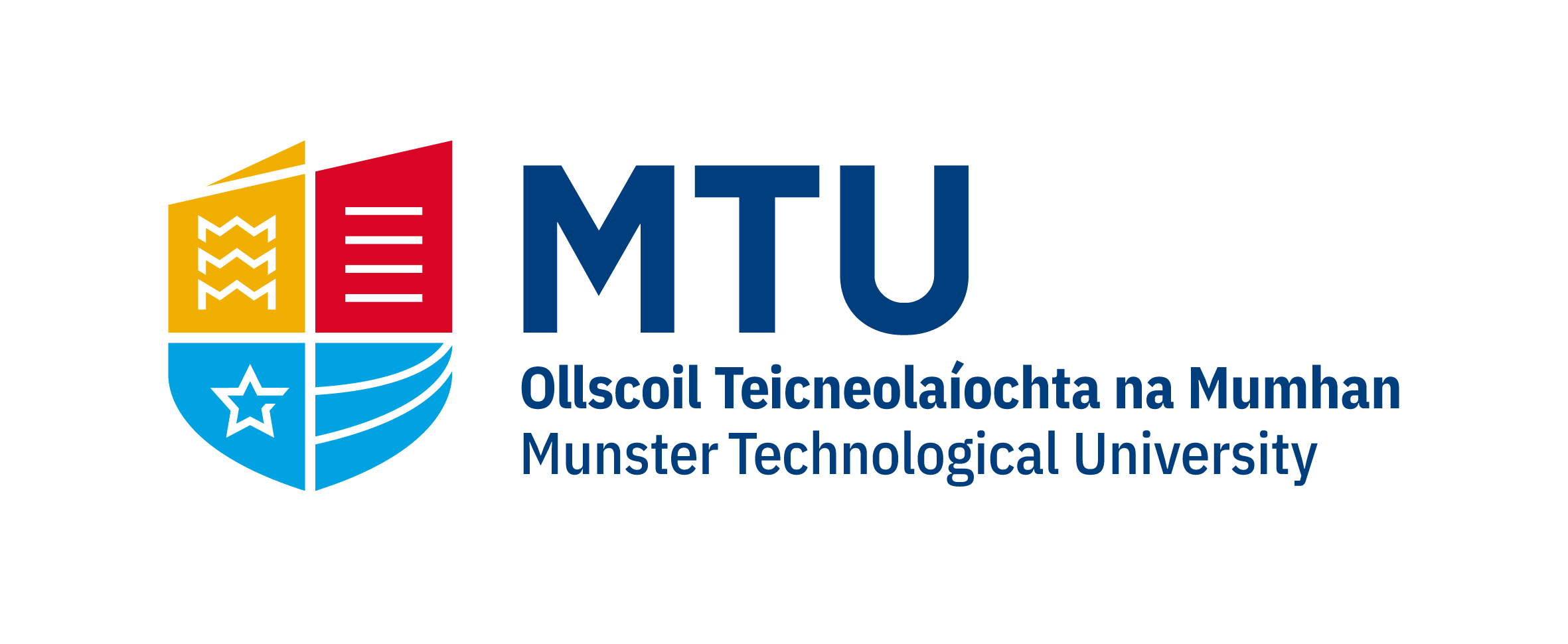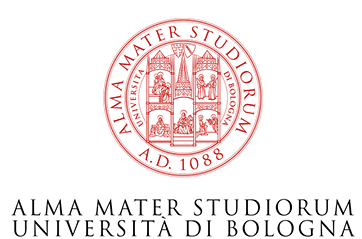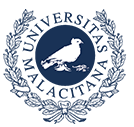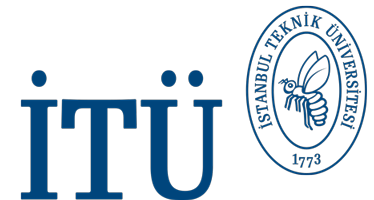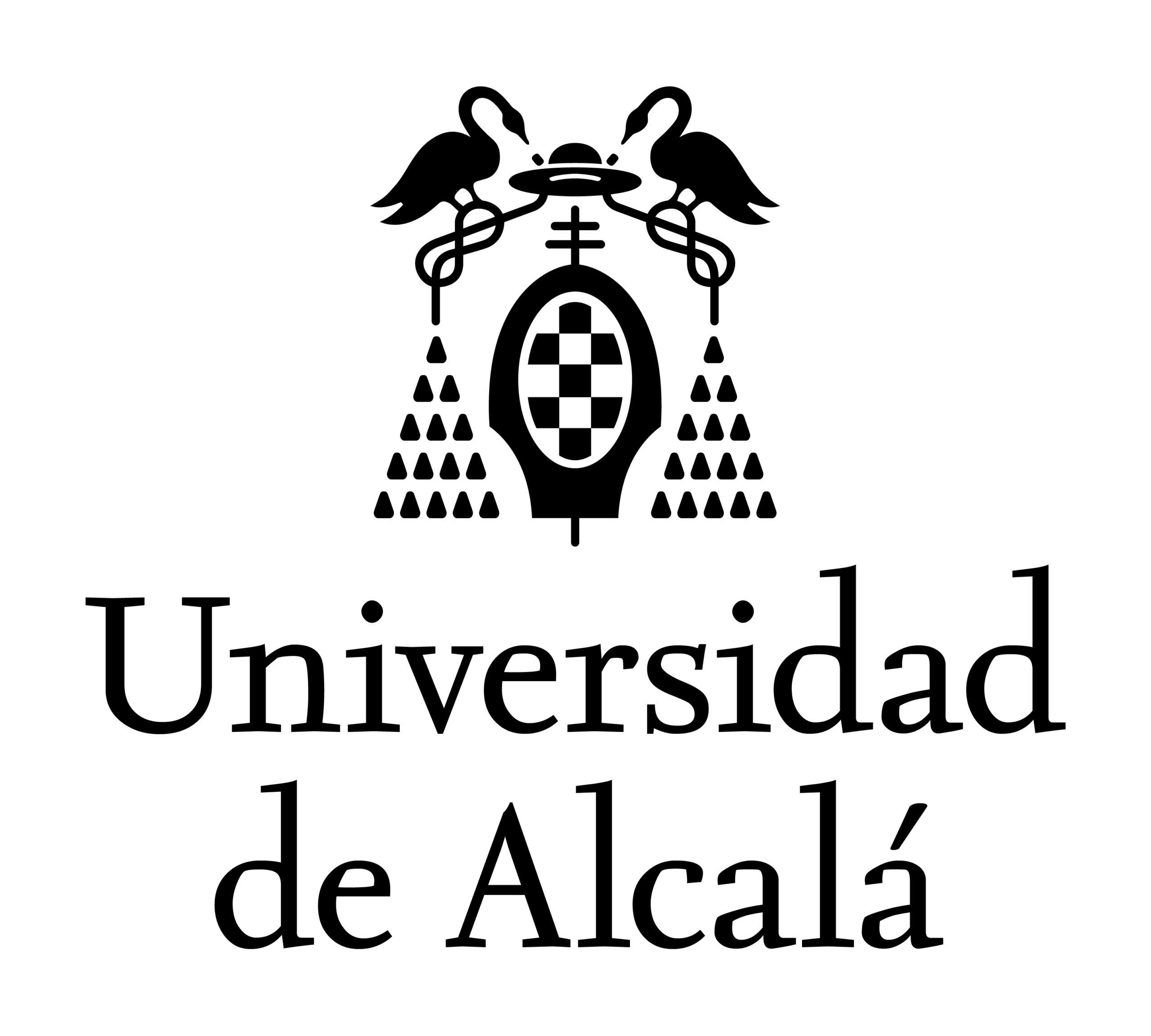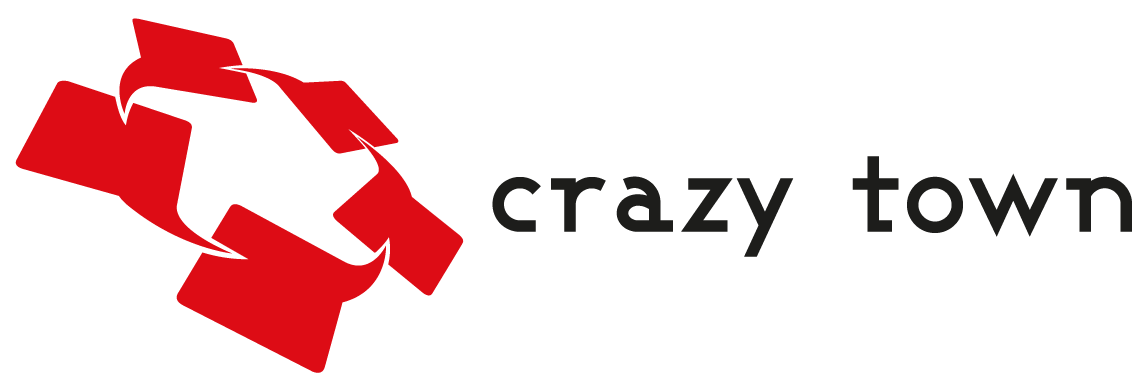By Laura O’Donovan, Munster Technological University
Fred and Judith Graepel took over the running of Graepel’s, a manufacturer of engineered metal products, headquartered in Kinsale, County Cork, Ireland in 2007. Fred’s father Harald Graepel established the company in Cork in 1959 and later expanded into England and Scotland. The family history of working with perforated metals goes back to Hugo Graepel in 1889 in Budapest and operations still exist in Germany and Italy.
Fred remembers ‘driving a forklift around the factory at eight years old as he grew up around engineering and business. He decided to travel to gain work experience, spending time working in Italy, Germany, the UK, and Dublin, before moving back to Cork in 2005.
When Fred and Judith took over the business in 2007 it was financially solid, but capital investment had ceased years before, and Fred could see they were losing business to companies with newer and faster machinery. They could not keep up to date with customer desires and advancements in the metal business, so they invested significantly in repairing, upgrading, and buying new machinery, allowing them to offer more services to existing customers and as a result started to grow again.
Graepel’s has worked hard to diversify its customer base, one new sector they’ve grown into is offering metal features for the architectural sector. As a result of Fred’s international experience, he saw the expanding use of metal in this sector and pursued this market in Ireland. They’ve also started offering various new products including perforated pictures in metal.
The economic recession of 2008 hit the architectural sector badly, their turnover dropped by 65% and most of their customers went out of business. They had to let employees go which was very difficult for everyone. Fred was working 18-hour days with a young family trying to figure out how to survive, earning less than most employees.
Fred remembered his father telling him to always “know your competition and work on developing your strengths”, so they decided to travel to visit factories in other countries around Europe to see what they were focusing on and how they were dealing with changes. They went to all the big players, medium-sized companies and smaller companies. They joined EuroPerf, Europe’s largest perforation network, the Industrial Perforators Association and the Plato Group in Cork. They also started collaborating with Munster Technological University (MTU) (then Cork Institute of Technology (CIT)) on student projects and work placements. This networking and travel provided great insights into the industry, how other companies functioned, what direction they were going in, and how they managed to grow in the marketplace. This was a massive education and has helped direct growth in the company. Fred believes their ability to keep evolving and growing is due in no small part to their willingness to research what their international counterparts are doing and to network.
Through collaboration and learning, they realised the importance of having the whole staff team aware and engaged with their vision for growth. They started morning meetings to share information amongst every department, they’d discuss targets, inquiries, orders, payments and any issues or concerns so each department knew about the others, and everyone feels invested in the success of the company. They also focused on hiring qualified personnel including an architectural technician, an architect, and engineers. Fred and Judith Graepel are now enrolled in the SME Cluster Growth Training and Mobility programme. Graepel’s, which recently celebrated 60 years, has grown to employ 54 people with a turnover of €5 million in Ireland and £2 million in the UK.

